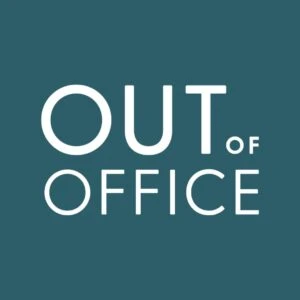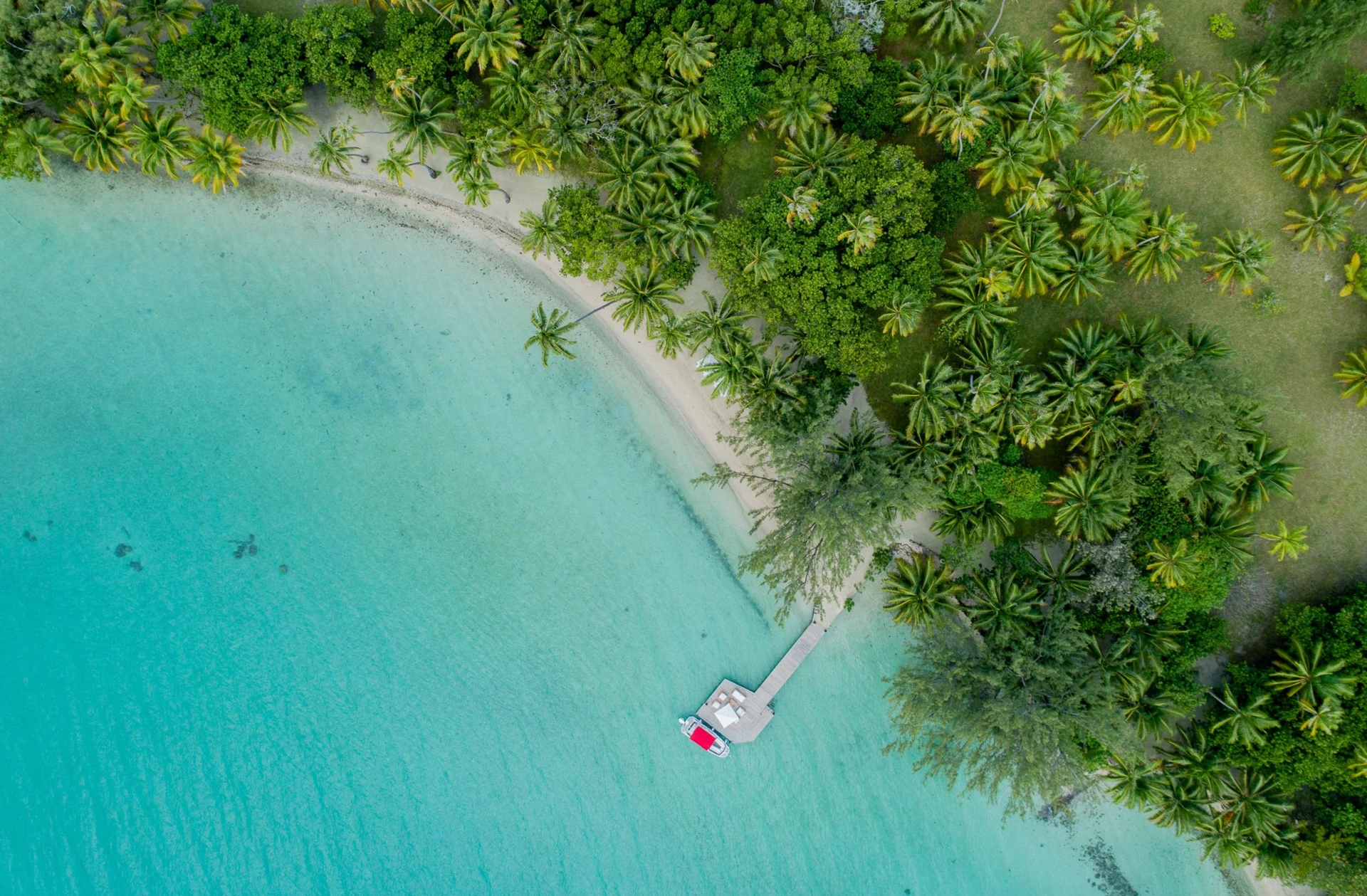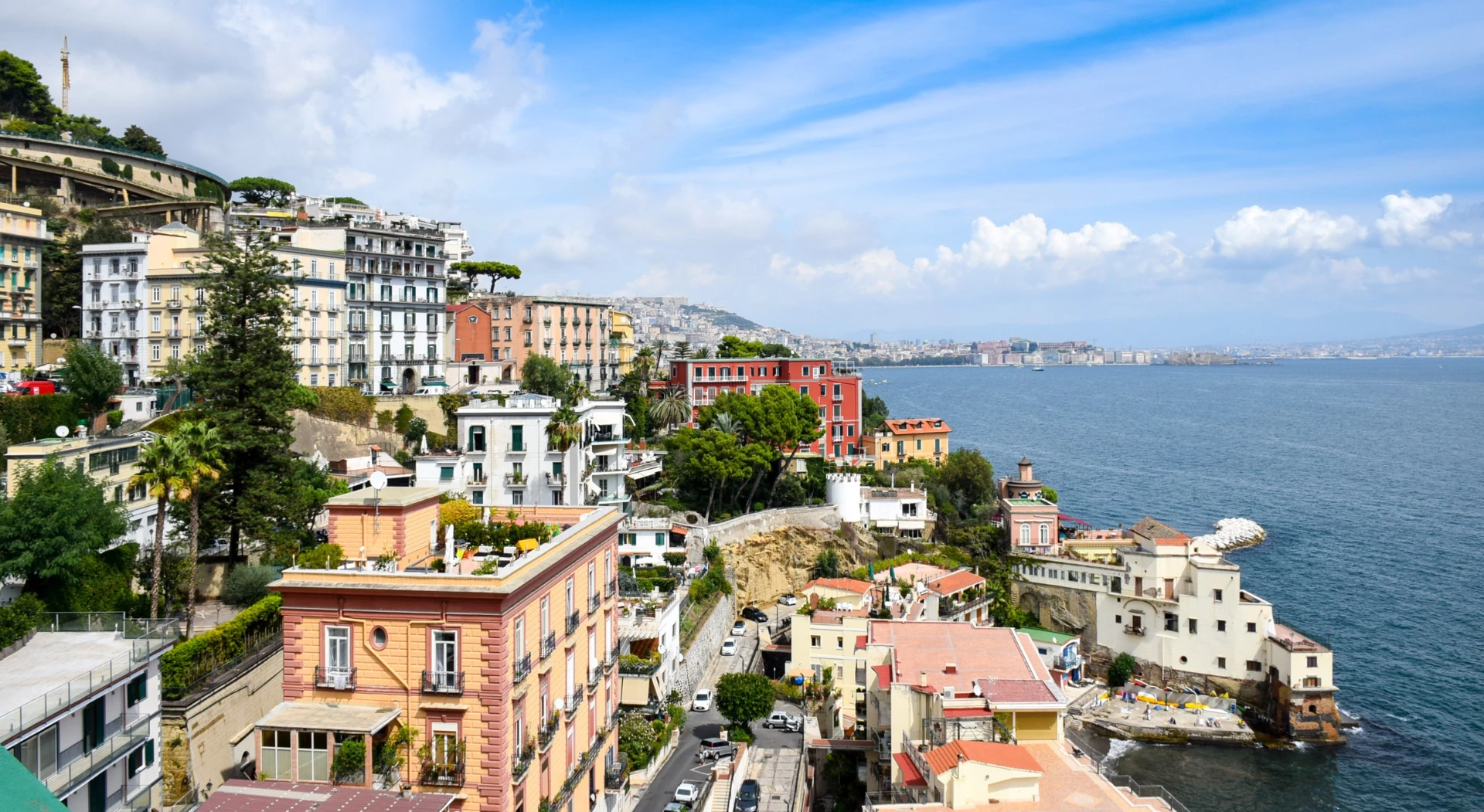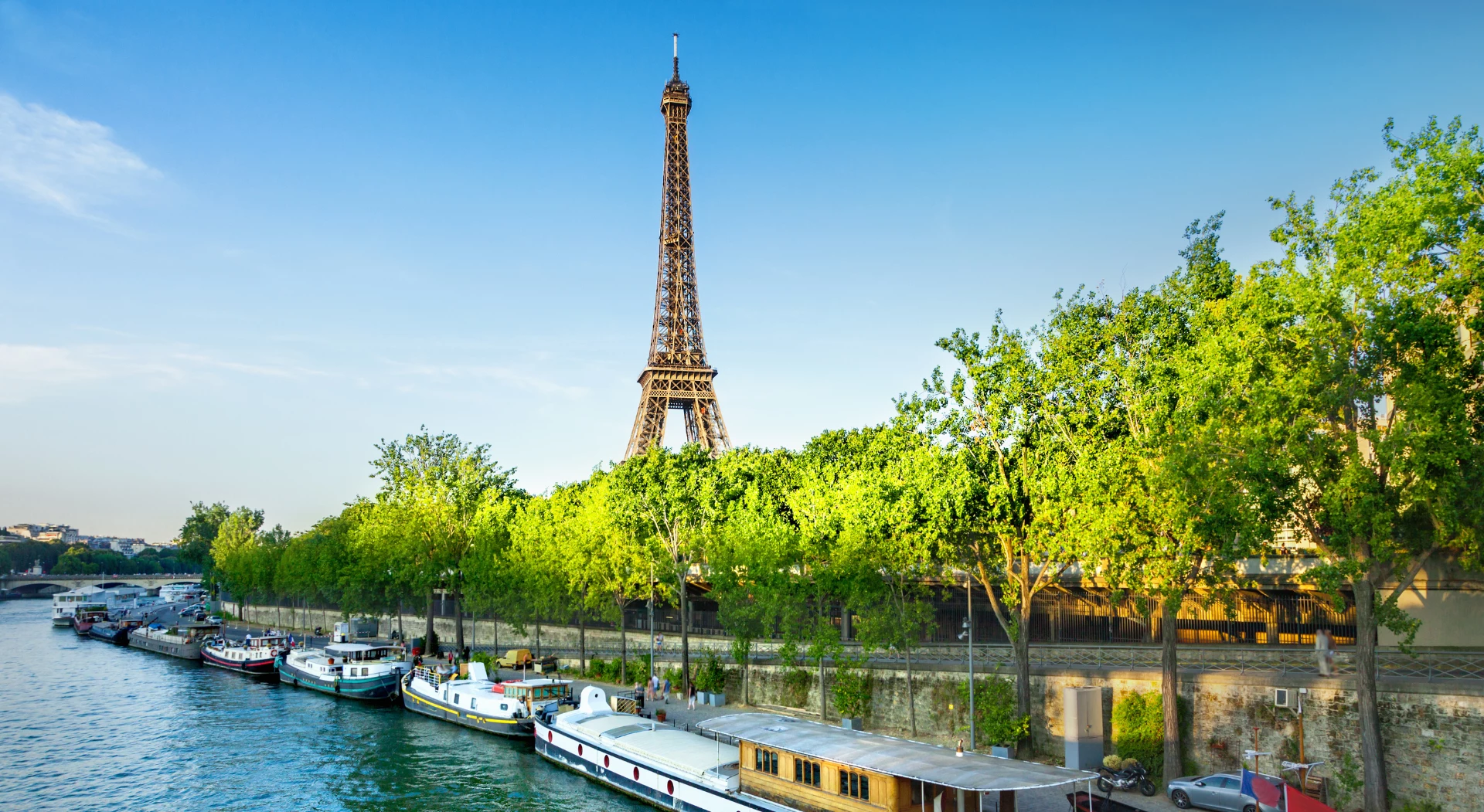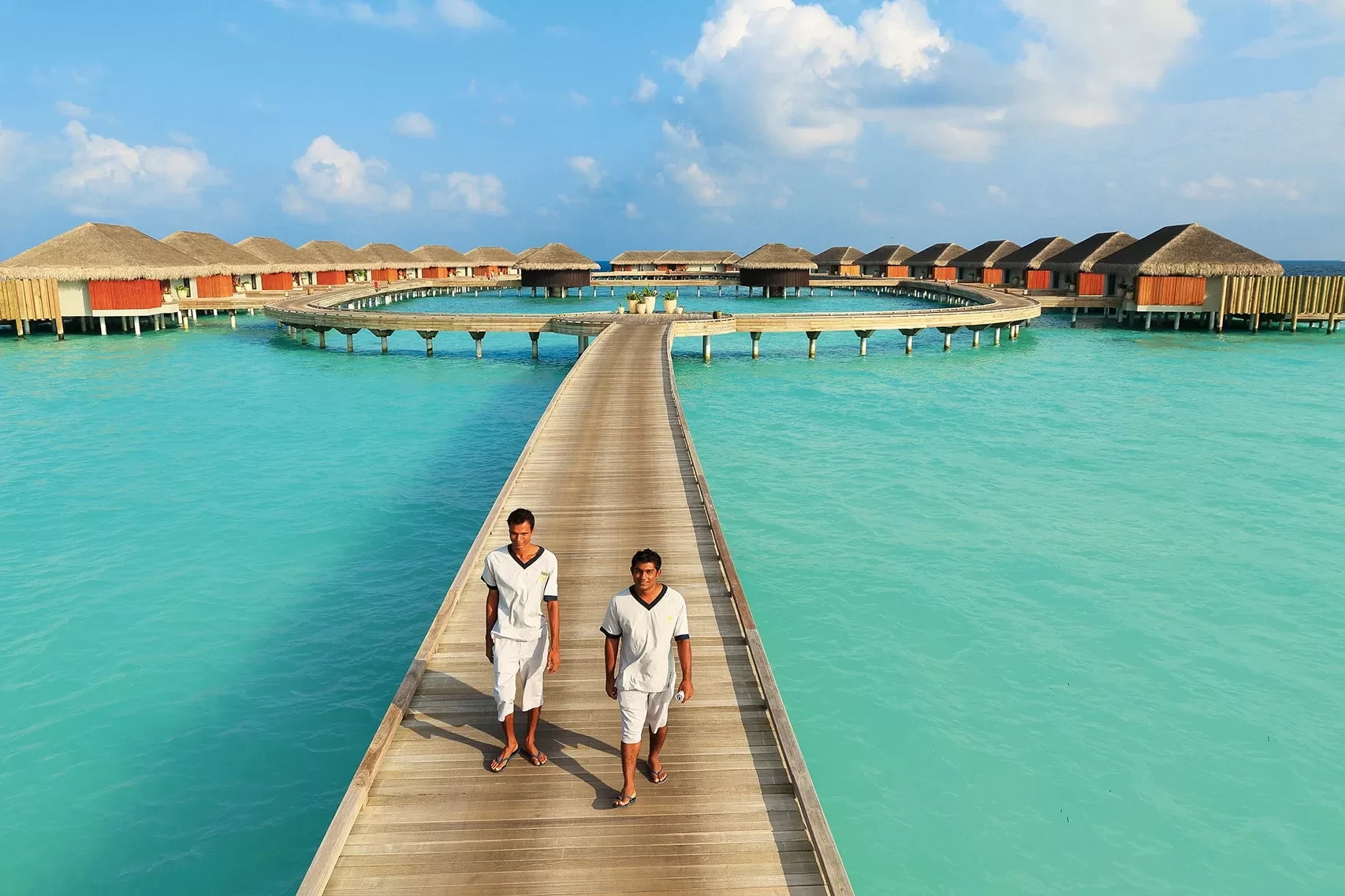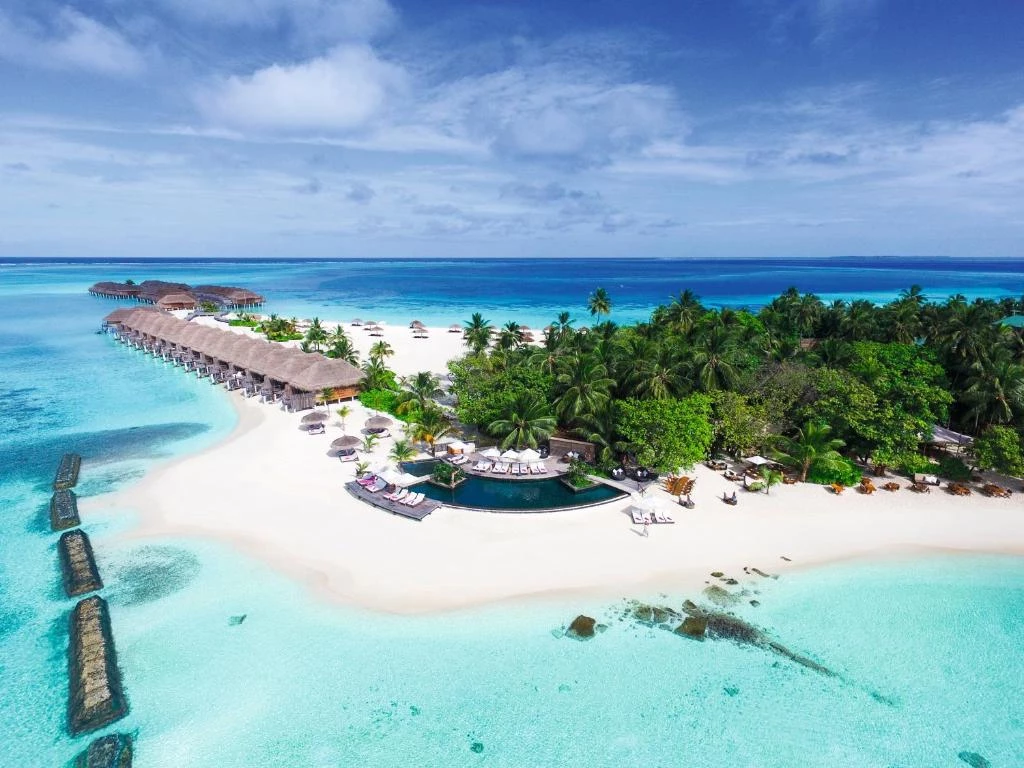Samantha Power has called on governments worldwide to integrate LGBTI rights into their foreign policy and says that work will not be finished until LGBTI people are welcome in every nation, every community, and every family.
You may never have heard of Samantha Power, but she is making waves when it comes to trying to get international governments to integrate LGBTI rights into their foreign policy by default.
The U.S. Permanent Representative to the United Nations said in a speech yesterday to an LGBTI ministerial body at the UN that she is keen to reinforce President Obamathat there is no legitimate alibi for violating basic human rights.
And it is important that influential people speak out like this to open up the world to LGBTI travellers worldwide.
About Out Of Office
Out Of Office is a luxury tailor-made travel company with a focus on delivering exclusivity and inclusivity. Our passion for global adventure is matched only by our deep commitment to delivering exceptional five-star service.
Everything we do is customised and designed especially for you – our valued customer – based on your exact personal requirements. Each member of our team is widely travelled. This means you get access to first-rate travel insights and the best possible advice from our team of luxury travel experts.
| Enquire Now |
We have picked out some of her remarks below but you can read her speech in full.
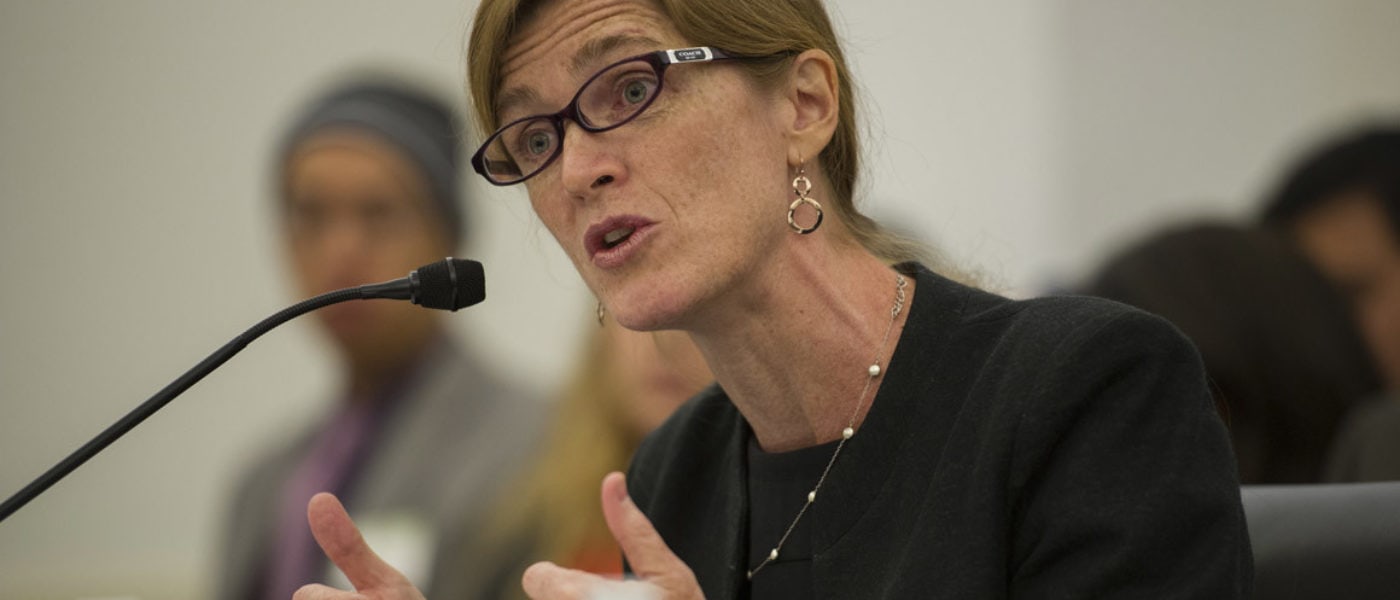
“Being an advocate for LGBTI rights these days can feel almost schizophrenic. While more than 50 countries worldwide now prohibit discrimination based on sexual orientation, more than 70 countries criminalize consensual same-sex conduct. In elections last month in the Philippines, voters elected both a Senator who called gay couples “worse than animals,” and the country’s first-ever transgender Representative. In Brazil, which has a proud history of pushing for LGBTI rights at home and abroad, including introducing the first-ever UN resolution, in 2003, to prohibit discrimination on the basis of sexual orientation, a monitoring group has documented nearly 1,600 killings of LGBTI people over the past four and a half years. That’s approximately one LGBTI killing per day in Brazil, every day, since 2012. And while same-sex couples now have the right to marry in all 50 American states, and people no longer have to hide who they love to serve in our nation’s military, you can still be fired from a job because of your sexual orientation, and an estimated 40 percent of trans people in the United States attempt suicide, approximately 30 times the national average.
You all know these ups and downs, because you live them day to day. Consider this very conference: while some civil society participants can live tweet and blog about the issues discussed here in real time, others have to keep their heads down, they have to keep a much lower profile, knowing that calling attention to their work here, or any of your efforts to advance LGBTI rights, could lead to harassment, imprisonment, or worse in their home countries.
To state the obvious: Governments do not have to choose between advancing LGBTI rights within their own countries and around the world. We can and must do both.
How? First, we must be willing to use all the tools in our toolkit to shift the policies and attitudes of the governments that condone or even fuel discrimination and violence against LGBTI people.
Let me give you just one example: Last July, President Obama travelled to Kenya, a country where having a consensual same-sex relationship is punishable by up to 14 years in prison, and where a 2013 poll found that 90 percent of people think society should not accept homosexuality. Now, even before the President set foot in Kenya, protestors took to the streets to warn him not to bring the issue up. Their arguments will be familiar ones to many of you, including that the U.S. should not impose its views on people with different cultural and religious traditions. An argument, I would note, that the diversity of advocates in this room, the room you are in, clearly rebuts.
Here is how President Obama responded when asked about the issue at a press conference in Nairobi with Kenya’s president: he said, “I believe in the principle of treating people equally under the law”and that the state should not discriminate against people based on their sexual orientation”[W]hen you start treating people differently “, not because of any harm they’re doing anybody, but because they’re different, that’s the path whereby freedoms begin to erode and bad things happen” And as an African-American in the United States, I am painfully aware of the history of what happens when people are treated differently, under the law.”
President Obama’s point was that there’s no legitimate alibi for violating basic human rights. Treating people differently because of who they are is always wrong. So while it is wise, and indeed necessary, to ask which tactics will be most effective in advancing equality, we can’t let the false justifications of culture, sovereignty, or anything else hold us back from fighting discrimination. That’s why we are not only standing up for LGBTI rights in public statements, but also through other means, such as the diplomatic efforts of our nation’s first-ever Special Envoy for the Human Rights of LGBTI persons, the great Randy Berry, who is with you in Montevideo and has gotten to know many of you in his travels to 43 countries.
Second, we must work to integrate LGBTI rights into the DNA of multilateral bodies like the UN. It may seem self-evident that the institution whose Universal Declaration of Human Rights affirms that “everyone is entitled to all rights and freedoms,” without distinction of any kind and would fight against discrimination based on sexual orientation and gender identity; yet too often, throughout history, it has not.
Now, I recognise the obstacles that we governments must overcome, and the risks that we face, pale in comparison to those confronting many activists here. And that is precisely why governments at this conference, as well as those not at this conference, must do much more to support you.
Let me conclude. Prior to Orlando, the worst mass killing of LGBTI people in the United States occurred in 1973, in New Orleans, when a gay club called the UpStairs Lounge was firebombed, killing 32 people trapped inside. The story made front page news in the local newspaper, which described the grisly scene in detail, but not one of its many stories mentioned that the attack had targeted a gay club. And though it was the worst fire in the city’s modern history, local officials made no public statements, nor did national politicians. Multiple churches refused to hold services for the victims, and no one was ever prosecuted for this heinous crime.
Compare that to the response to the horrific attack in Orlando, where, in the words of a doctor who treated the injured, “after the worst of humanity reared its evil head, the best of humanity came roaring back.” First respondents rushed to the scene. Residents lined up for hours to donate blood. The city and our nation mourned. At the U.S. Mission to the UN, we had to put out four condolence books, because so many representatives of other governments came to write messages of solidarity. In many of your countries, you participated in vigils and other public shows of support.
Perhaps most moving were the stories of the 49 individual victims, which have revealed the beautiful diversity of just a small sliver of the LGBTI community, from the Army reservist, to the travel agent who organised international tours for LGBTI people, to the young man who, in 2003, was the only person brave enough to come out in his high school of 2,500 people. As President Obama said after meeting with relatives of the victims, “These families could be our families. In fact, they are our family.”
That is the difference 43 years has made. That is the difference when a society moves from one where existence of LGBTI persons is not even acknowledged, much less embraced, to one where we are finally recognising LGBTI rights as human rights. Our work, the work of governments and of civil society, will not be finished until LGBTI people are welcome in every nation, every community, and every family.”

